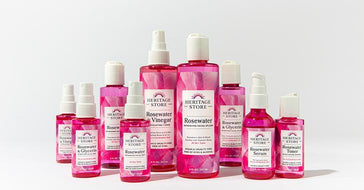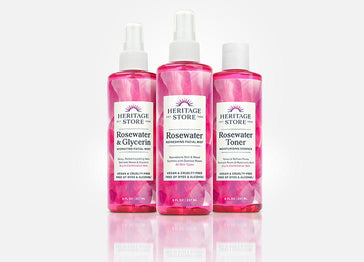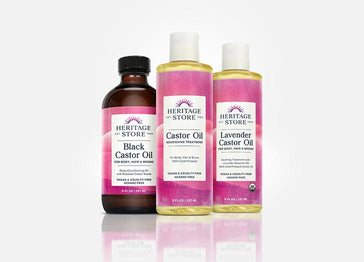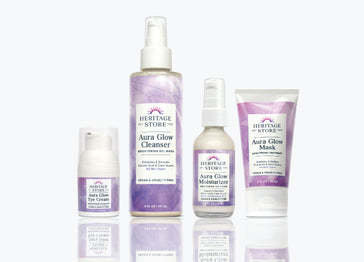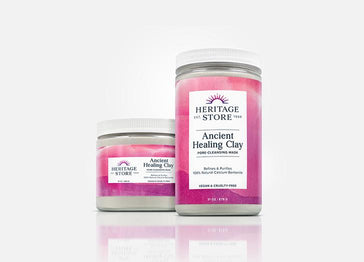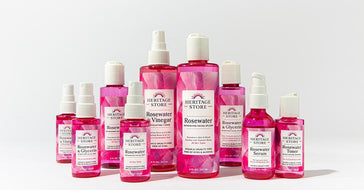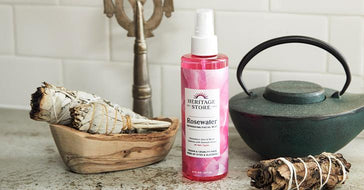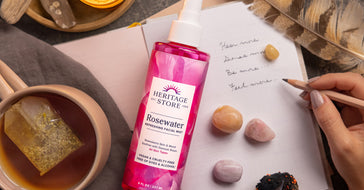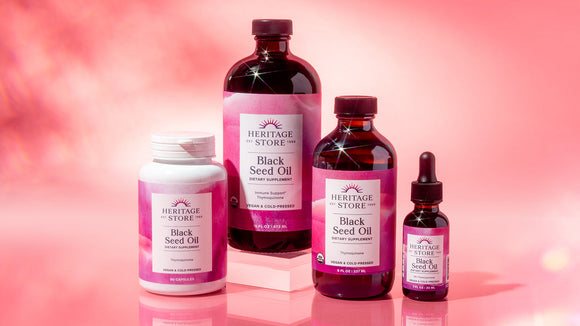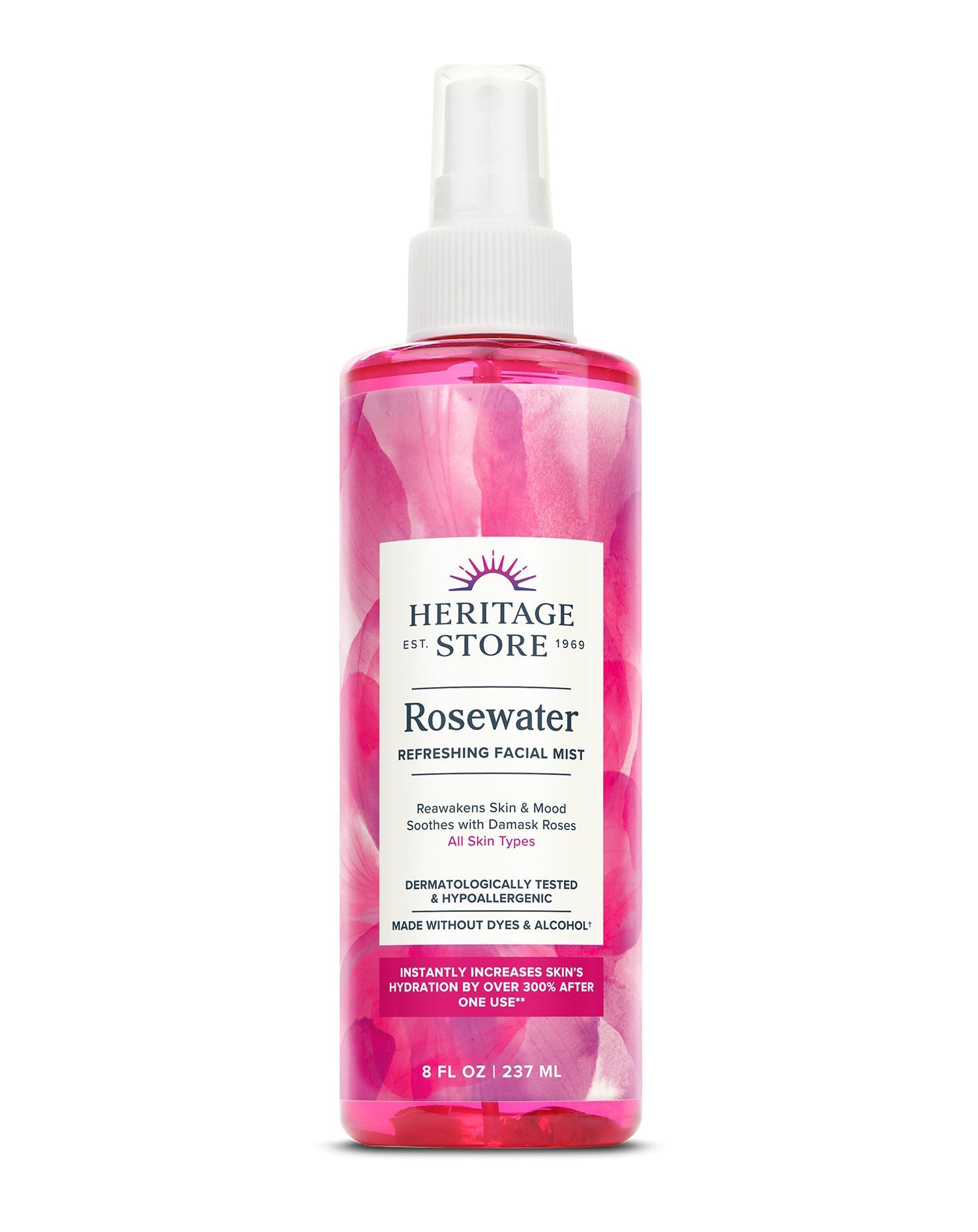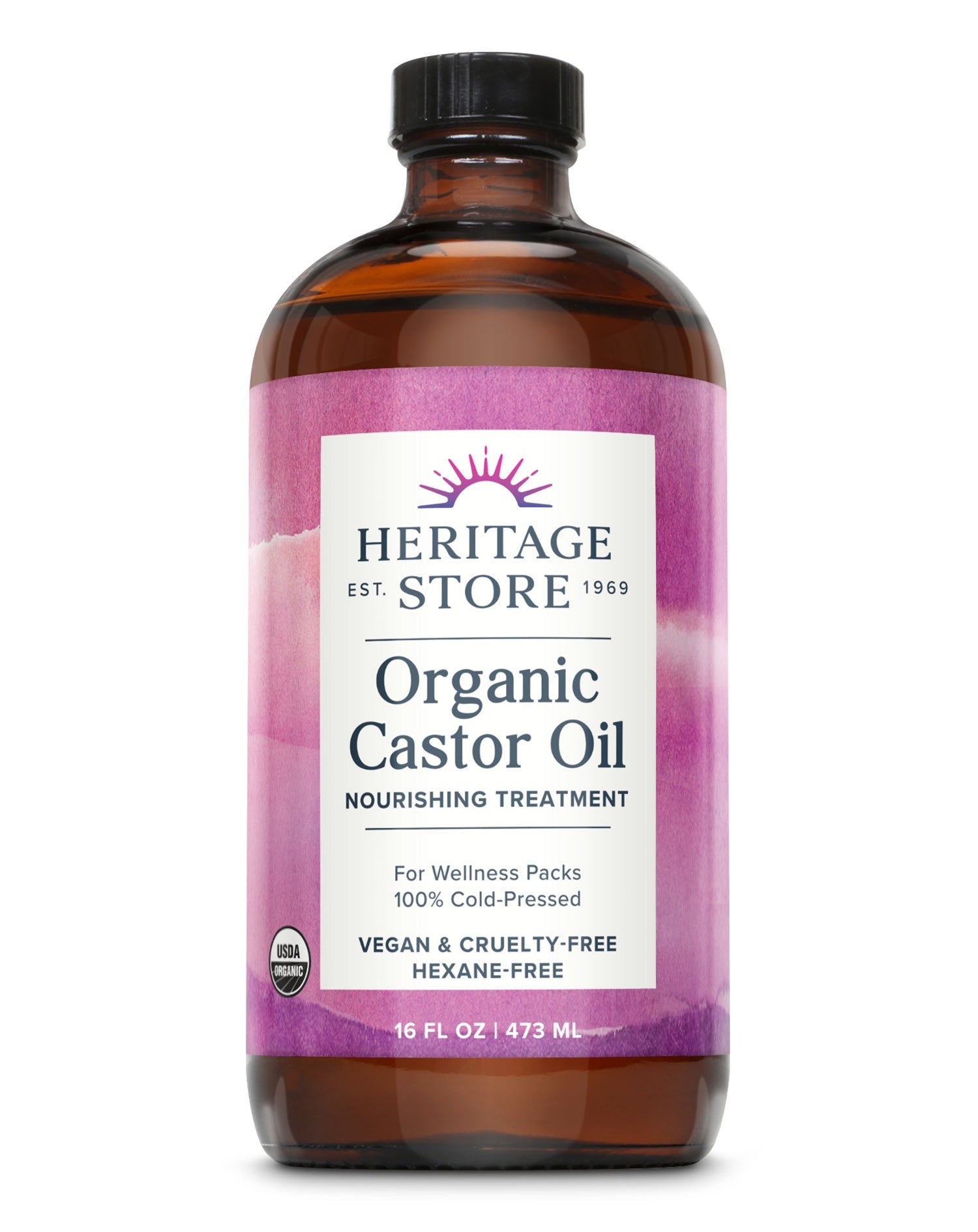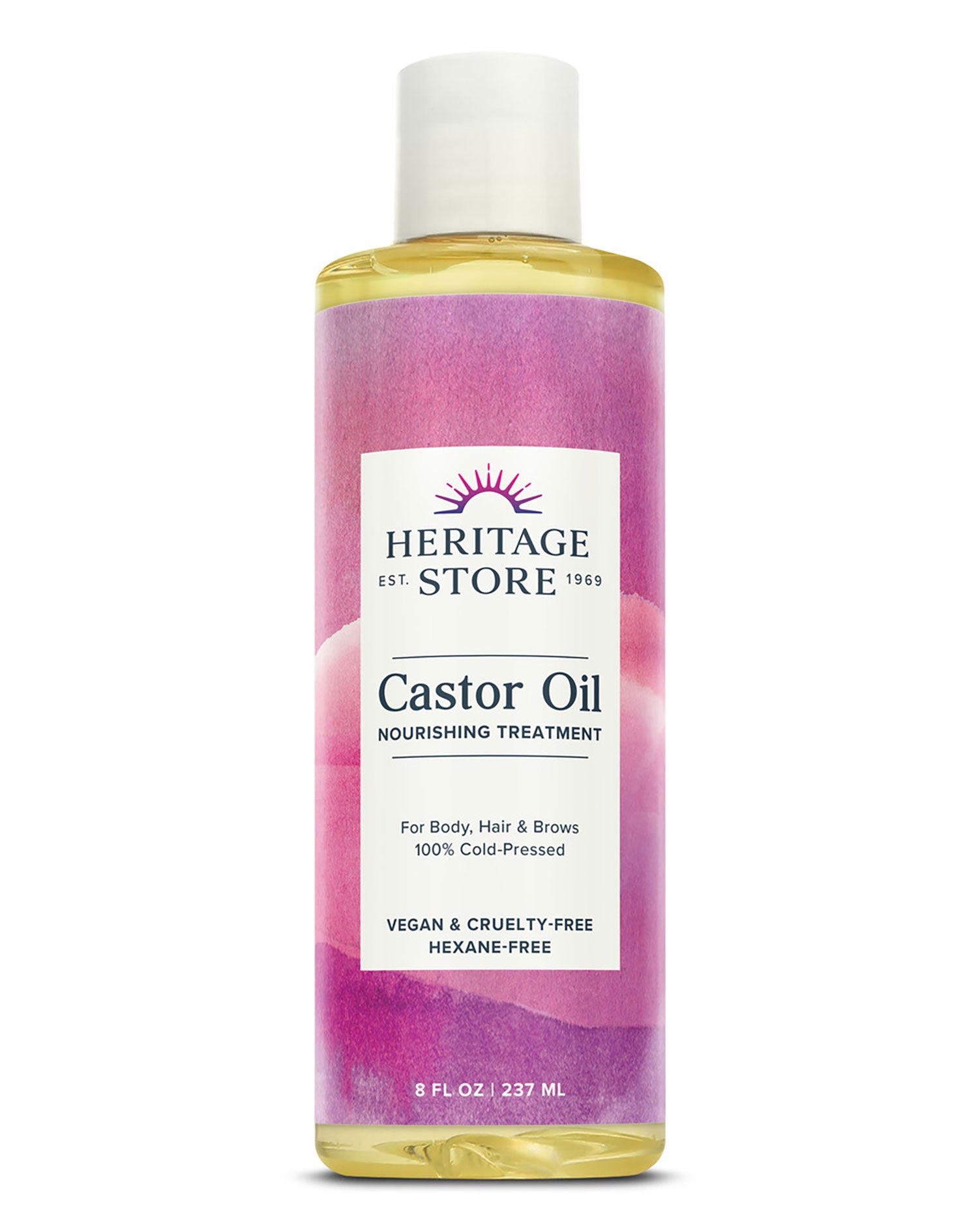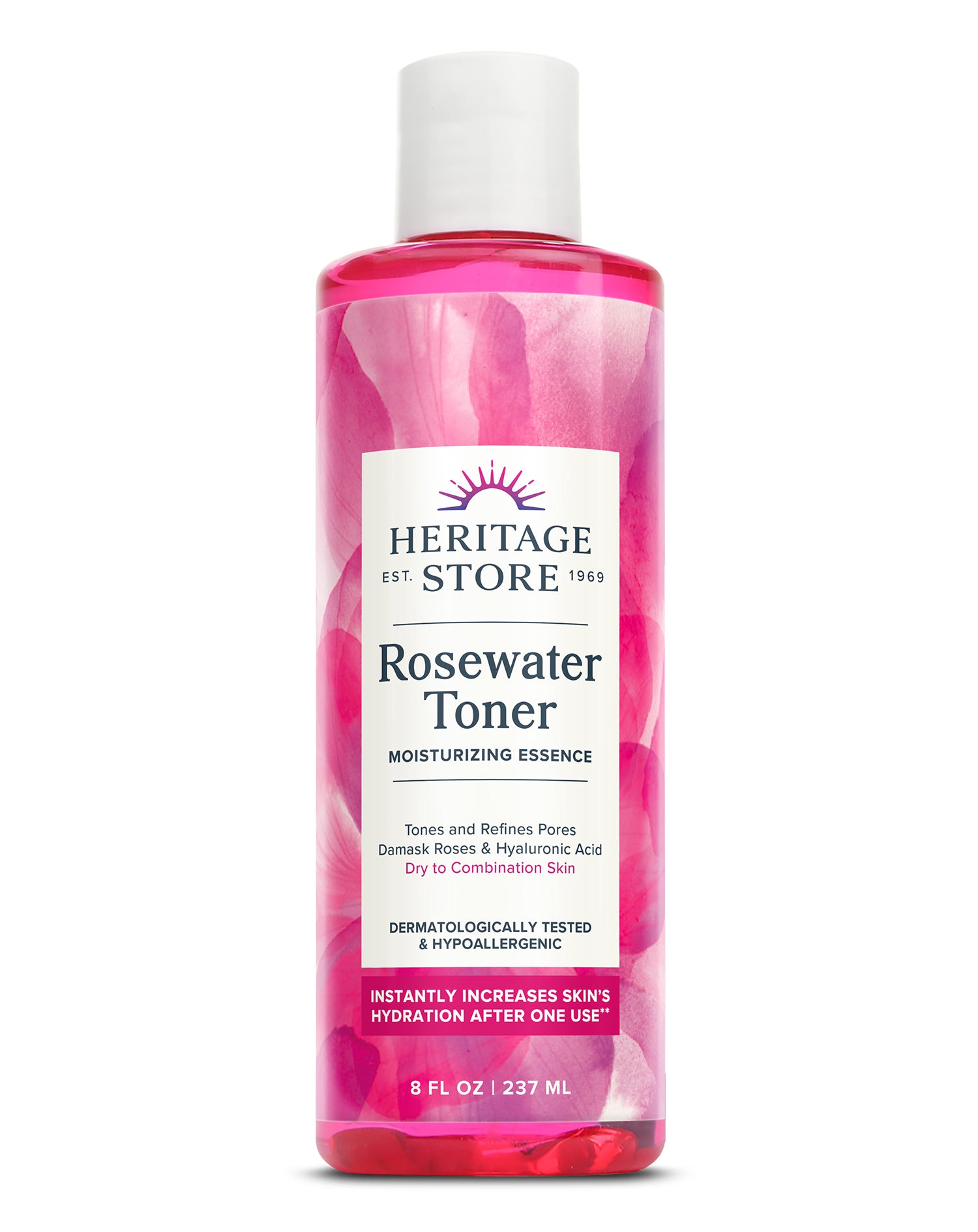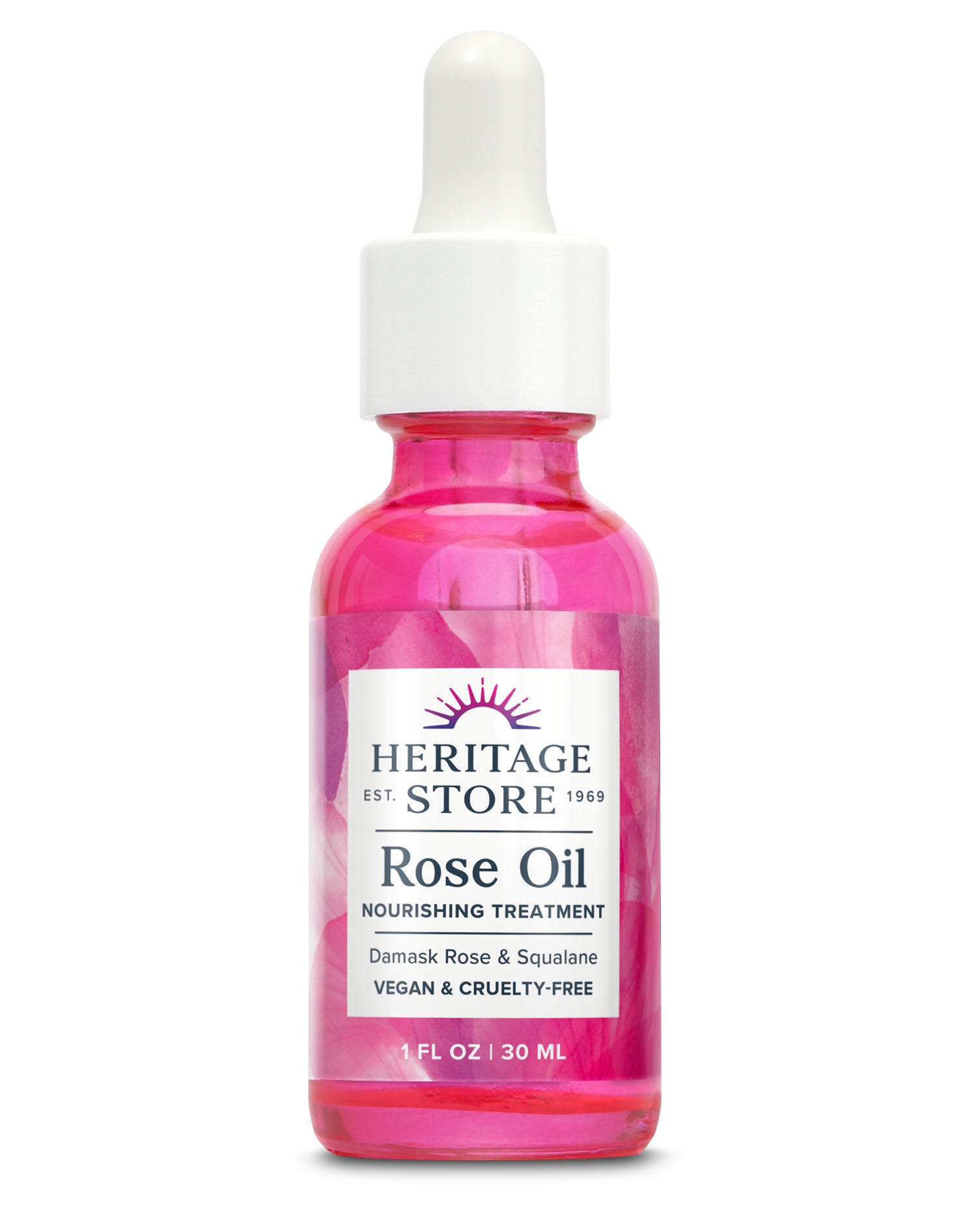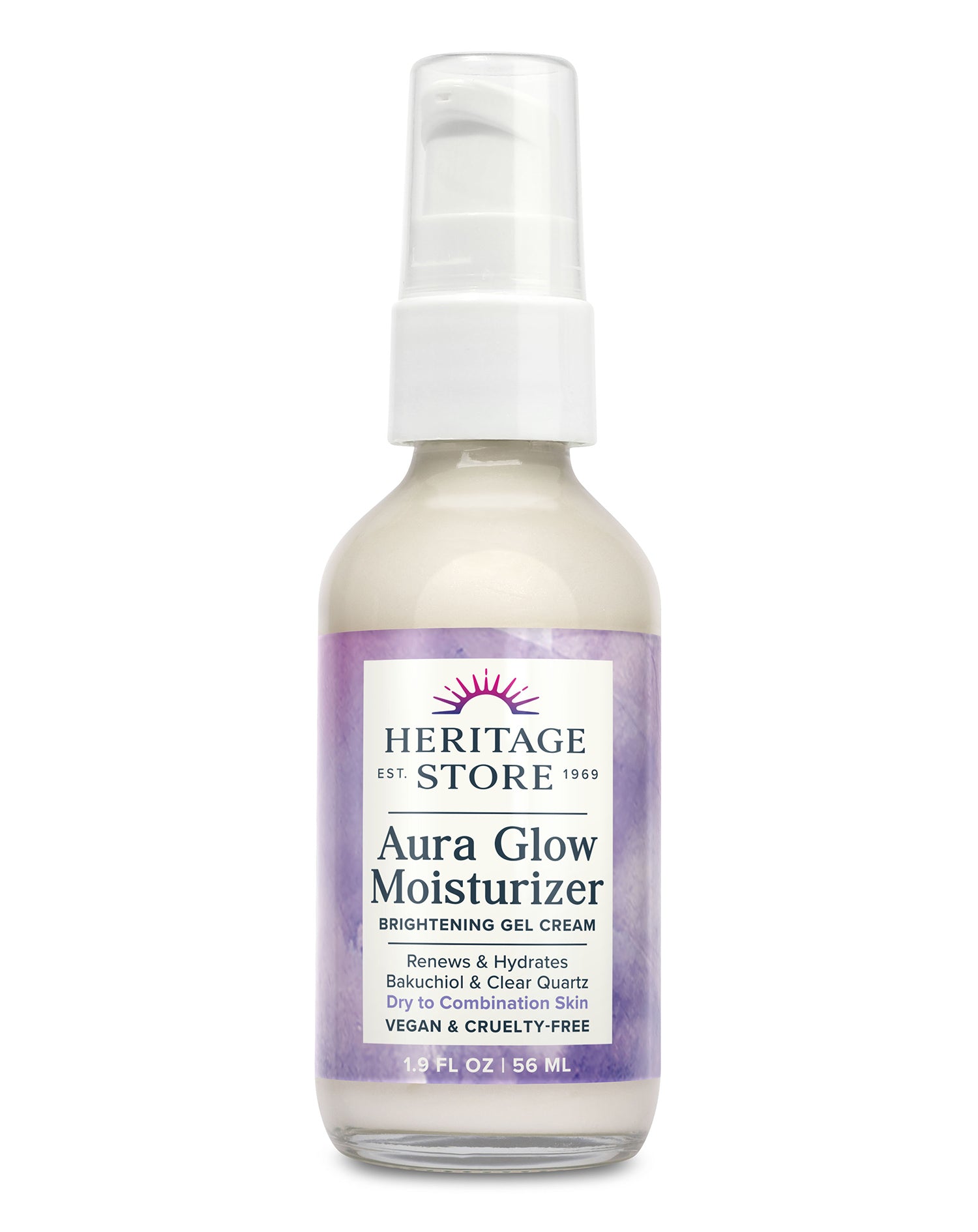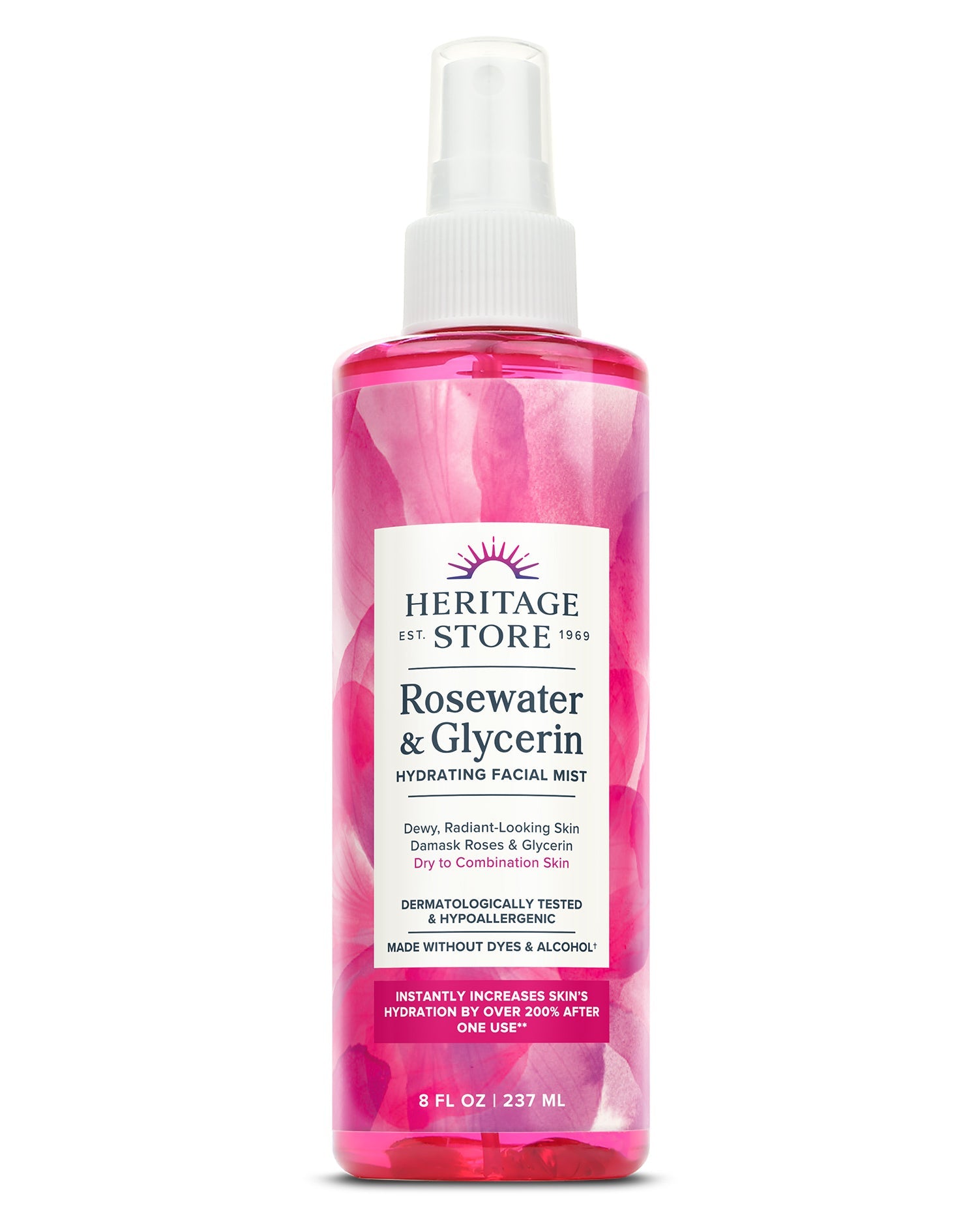You’re a beauty oil aficionado—you have our entire line of Castor Oils, you do a weekly Black Castor Oil hair mask, and Rosehip Seed Oil is the last step in your skincare routine.
Want to kick your game up a notch? Black Seed Oil is a highly versatile addition to your beauty and wellness routine. It’s rich in the antioxidant Thymoquinone, and its nutrients are beneficial for your body both inside and out.
Used traditionally for millennia, this well-kept wellness secret is a mystery no more. Here, we answer all your questions: What is Black Seed Oil, how does it work, and can you pair it with Castor Oil in your castor packs, so you can add it to your routine today?
What Is Black Seed Oil?
Black Seed Oil derives from tiny black seeds found in the fruits of Nigella sativa, a small, flowering shrub native to Eastern Europe and southwestern Asia.1 When pressed, the seeds release an oil that is rich in unique essential fatty acids and other botanical compounds.
The use of Black Seed Oil actually dates back thousands of years to ancient Egypt, Greece, and the Middle East. Fun fact: Black Seed Oil was discovered inside the tomb of Pharaoh Tutankhamun, which implies that it played a very important role in Egyptian practices.2
Black Seed Oil is also known as “Black Cumin” or “Black Caraway.” To confuse matters a little, there’s another botanical called Black Cumin as well: Bunium bulbocastanum.1 While both are used for a number of health benefits, we’re referring to the black seeds of the Nigella sativa shrub.
What Nutrients Are In Black Seed Oil?
Black Seed Oil contains an abundance of nutrients, including a unique blend of fatty acids and many vitamins and minerals.1 It also boasts Thymoquinone, a powerful antioxidant. No surprise, then, it’s a wellness wonder with many benefits, including immune system support.** Let’s explore them all.
What Are the Benefits of Black Seed Oil?
As mentioned, the benefits of Black Seed Oil are plentiful due to its unique nutrient profile. The oil is rich in essential fatty acids, including linoleic and oleic, the antioxidants Thymoquinone, and vitamins and minerals from calcium to iron, zinc, and vitamins B2 and B6.1
Black Seed Oil has been extensively studied, and the science backs up the benefits of this nutrient-rich oil.2 Depending on the amount consumed, Black Seed Oil can support:**
-
Immune health
-
Glucose metabolism
-
Cardiovascular health
-
Cholesterol
-
Digestion
-
Joint comfort and health
-
And antioxidant production
All of our Black Seed Oil products are vegan and cold-pressed. Why is it important to use cold-pressed Black Seed Oil? Cold-pressing is a gentle process that keeps the integrity of the oil intact and helps preserve its benefits.
How Do I Use Black Seed Oil?
Black Seed Oil comes in several different formats. At Heritage Store, we offer Black Seed Oil in an organic liquid formula, in capsules, and in a concentrated dropper liquid. You can use Black Seed Oil by directly ingesting the liquid or capsules. You can also use it more creatively, by adding it to teas, wellness juice shots, and even as part of a castor pack.
Choosing our Organic Black Seed Oil? We recommend taking one teaspoon per day, up to twice daily, with food. This version offers 5.4 grams of Organic Black Cumin Seed Oil per serving. We love that it comes in an amber glass bottle, which helps preserve the oil. We recommend keeping it out of sunlight.
Prefer taking Black Seed Oil Capsules? We recommend taking two capsules per day, up to twice daily with food. Our BSO capsules offer 1300 mg of Black Cumin Seed Oil per serving. This one is a great option if you prefer taking vegetarian capsules over an oil.
Like the smaller size of our Black Seed Oil 3%? Don’t let its size fool you: This version is a more concentrated version of Black Seed Oil, and is standardized to offer 3% Thymoquinone. We recommend taking one dropper’s worth per day, up to three times daily, diluted in water, raw honey, vegetable glycerin, or a warm tea. Our BSO 3% offers 1300 mg of Black Cumin Seed Oil per dropper serving.
Can I Make A Castor Pack with Black Seed Oil?
Yes! Castor Oil and Black Seed Oil can be used together in a castor pack for a doubly soothing way to support your wellness.** Here’s how to make one:
Ingredients:
Organic Castor Oil
Organic Black Seed Oil
1 wool or cotton flannel
Instructions:
- Place a wool or cotton flannel in a container. Drizzle Castor Oil and Black Seed Oil in equal parts onto the flannel until it is half saturated to avoid dripping.
- Prep the area where you’ll be using the castor pack. We recommend wearing clothes you don’t mind staining and placing a towel where you will be lying down.
- Carefully take the flannel from the container and place it over your abdomen or other body part that needs soothing support. Now, cover the flannel with a towel or a plastic sheet.
- If desired, place a hot water bottle or heating pad over the castor pack for more soothing benefits.
- Make sure to lie down and rest while it absorbs into your skin, for about an hour. Close your eyes, listen to relaxing music, or even light some candles for a relaxing ambience.
- Once finished, remove the castor pack carefully and place it back into the container to store for next time.
- You can wash the area that absorbed the castor pack to get rid of any lingering oil.
Black Seed Oil: The Perfect Wellness Companion?
We may be biased, but we believe Black Seed Oil is a must for your routine. Now that you know of all the benefits and uses for Black Seed Oil, all that’s left to do is to bask in the soothing support of this wellness oil.
Looking for more ways to benefit from Black Seed Oil? Check out our wellness shot recipe featuring Black Seed Oil over on our Instagram page @heritagestorenaturals. And shop our entire Black Seed Oil collection when you’re ready to refresh your wellness routine.
References
1 Are black seeds (Nigella) healthy? (2024, March 28). WebMD. https://www.webmd.com/diet/black-seed-health-benefits
2 Ferizi, R., Ramadan, M. F., & Maxhuni, Q. (2023). Black Seeds (Nigella sativa) Medical Application and Pharmaceutical Perspectives. Journal of Pharmacy and Bioallied Sciences, 15(2), 63–67. https://doi.org/10.4103/jpbs.jpbs_364_22


